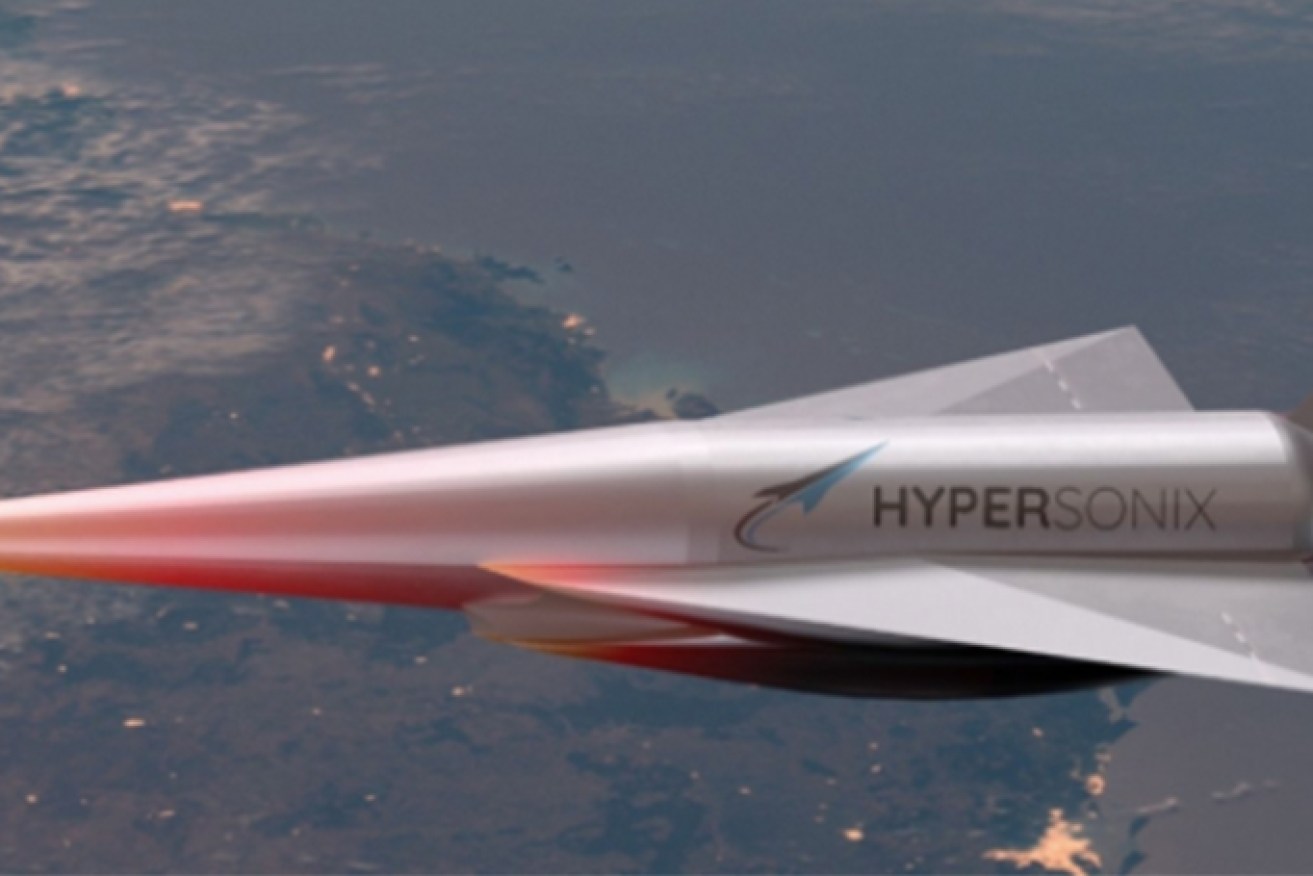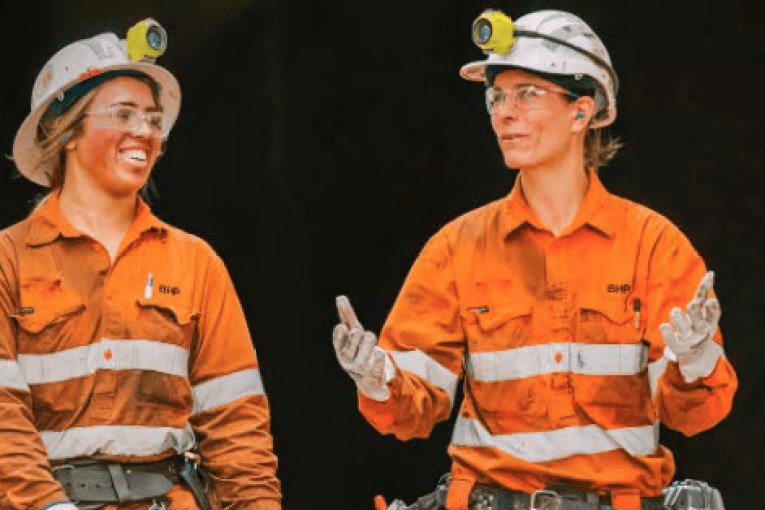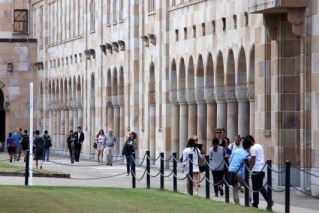Quick, smart: Brisbane’s Hypersonix lands US defence contract after Aussie missile deal
Brisbane aerospace company Hypersonix may have cracked the US defence market after its Dart AE was selected for testing by the Defense Innovation Unit.


Hypersonix's scramjet has reached Mach 10 in tests
The unit, which is a part of the Department of Defense, has the task of accelerating the adoption of technology “to solve problems at speed and scale”.
The contract with DIU allows Hypersonix to transition a successful prototype project into follow-on contracts under simplified rules and without the need to compete. It was announced on the day Australia sealed a deal to buy US Tomahawk missiles as part of the AUKUS agreement.
Hypersonix said it was selected from a field of major international aerospace companies competing for the DIU contract to provide a hypersonic vehicle for its hypersonic and high-cadence airborne testing capabilities.
“DIU’s contract with Hypersonix demonstrates the US’s increased willingness to source commercial technologies from allied countries to meet it urgent strategic challenges,” the company said.
It said the DIU wanted a vehicle capable of flying non-ballistic flight patterns and speeds of Mach 5 to Mach 7 and up to 1000kms in range, which represents only 400 seconds of actual flight time.
Hypersonix said its Dart AE vehicle was powered by a hydrogen-fuelled Spartan scramjet engine and it was planning to fly the vehicle in early 2024. It was capable of at least Mach 7, according to managing director David Waterhouse.
“Our longer-term focus is to capture a slice of the emerging multi-billion-dollar commercial market for deployment of small satellites, but clearly Australia’s strategic defence allies see immediate potential in our techology.
“This is our first major contract and a key step in our commercialisation process, we couldn’t be happier.
“This puts Australia on step closer to being a major player in the international space race.”
The deal came just after the announcement that Australia is set to acquire hundreds of Tomahawk cruise missiles from the United States as part of the AUKUS security pact.
The Pentagon has approved the sale of up to 220 of the missiles at a cost of $1.3 billion in a deal that will also include technical support.
The planned sale of the missiles follows the announcement of Australia acquiring multiple nuclear submarines under the US-UK alliance at a cost of up to $368 billion.
Deputy Prime Minister Richard Marles said Australia would be working closely with the US to get more missile capability.
“It’s a really important part of what we need to be doing with our posture, which is to have a greater ability to project,” he told Nine’s Today program on Friday.
“Making sure we have longer-range strike missiles is a really important capability for the country. It enables us to be able to reach out beyond our shores further and that’s ultimately how we are able to keep Australia safe.”
Defence Industry Minister Pat Conroy said the missiles were able to be fired from the US Virginia-class submarines Australia would be acquiring under the AUKUS deal.
“We certainly want the best possible capability for the Australian Defence Force so that includes the ability to strike opponents as far away as possible from the Australian mainland,” he told ABC TV.
“The cruise missiles are a critical part of that, as are the submarines that launch them.”
Prime Minister Anthony Albanese said the government had been up-front about the huge cost of the submarines and related AUKUS acquisitions.
“What we’ve done is be very transparent about the cost. We could very easily have said ‘well the costs across the forward estimates is $9 billion’. We could have just left it there,” he told ABC Radio.
“The assessment that has to be made is does the purchase, and then us building our own nuclear-powered submarines, increase the capacity for us to defend ourselves by more than 10 per cent? You bet it does. That’s why it represents good value.”
The announcement of the missiles follows scathing criticism from former Labor prime minister Paul Keating about the submarine decision.
Former Labor senator Doug Cameron also said there had been significant concern expressed by party rank-and-file members about the effectiveness of nuclear submarines and the ability to contain defence costs.
Mr Albanese said there was broad support for AUKUS despite the public attacks.
“My task is to lead Australia in 2023 based upon the advice that we were given, based upon defending Australia’s national interest, that’s what this deal is,” he said.
“There’s bipartisan support for it and I do note that it has the unanimous support of my cabinet and my team, we have all come to the same conclusion that this is the right thing to do.”
Treasurer Jim Chalmers said while he had a lot of respect for Mr Keating, the submarine deal was the right decision.
“I talk to him about the economy very frequently, sometimes multiple times a week. I talked to him about superannuation and other issues, and I’ll continue to do that,” he told ABC Radio.
“We’ve made the right call here.”
Opposition Leader Peter Dutton described Mr Keating as a “crazy old uncle” but reiterated support for AUKUS.
“We’ve all been on the end of Paul Keating sprays but it was a special effort this week,” he said.
“It is in our country’s best interests. That’s why we negotiated AUKUS and we will do everything we can to help the government get through the family feud.”












